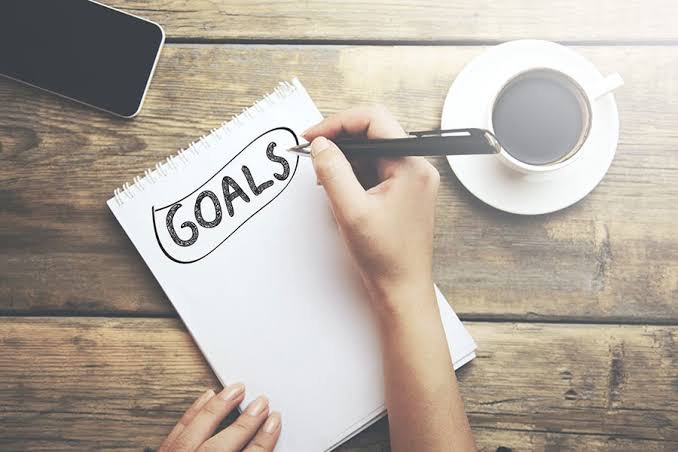Consistency is the foundation of success in every area of life, whether it’s your career, fitness, relationships, or personal development. It’s not about being perfect but showing up regularly and putting in the work even when motivation fades. However, staying consistent can be challenging, especially when obstacles arise. Here’s how to build and maintain consistency effectively.
1. Set Clear and Realistic Goals

Consistency starts with having a clear vision of what you want to achieve. Break your goals into smaller, manageable steps that are specific, measurable, achievable, relevant, and time-bound (SMART). For instance, instead of saying, “I want to be fit,” aim for, “I will exercise for 30 minutes, 3 times a week.”
2. Create a Routine
A well-structured routine reduces decision fatigue and helps you develop habits. Schedule your tasks at the same time every day to build rhythm. For example, if your goal is to read more, dedicate 20 minutes each evening before bed to reading.
Trying to do too much too soon can lead to burnout. Begin with small, achievable actions that you can sustain over time. For example, if you’re learning a new skill, practice for 15 minutes a day and gradually increase the time. Small wins boost confidence and help you stay on track.
4. Eliminate Distractions
Distractions can derail your consistency. Identify what pulls your attention away and find ways to minimize or remove them. This might mean setting boundaries, turning off notifications, or creating a dedicated workspace free of clutter.
5. Track Your Progress
Keep a record of your efforts to stay motivated. Whether it’s a journal, an app, or a calendar, tracking your progress reminds you of how far you’ve come. It also helps you identify patterns, challenges, and areas for improvement.
6. Develop Discipline Over Motivation
Motivation is fleeting, but discipline keeps you going. Build discipline by committing to your schedule even when you don’t feel like it. Remind yourself that progress comes from consistent action, not bursts of effort.
7. Reward Yourself

Celebrate your milestones, no matter how small. Rewards reinforce positive behavior and make the journey more enjoyable. For instance, treat yourself to something special after sticking to your plan for a month.
8. Learn to Adapt
Life is unpredictable, and challenges will arise. Instead of giving up when things don’t go as planned, adjust your approach. Flexibility ensures that you stay consistent even under changing circumstances.
9. Surround Yourself with Supportive People
Your environment influences your consistency. Surround yourself with people who encourage and inspire you. Share your goals with someone who can hold you accountable or join a community of like-minded individuals.
10. Focus on the Long Term
Consistency is a marathon, not a sprint. Keep your eyes on the bigger picture and remember why you started. Visualize the benefits of staying consistent and how they align with your goals.
Conclusion
Staying consistent requires patience, effort, and self-discipline. By setting clear goals, building routines, and adapting to challenges, you can create habits that lead to success. Remember, it’s not about being perfect but showing up every day and making progress, no matter how small. With consistency, even the biggest goals become achievable.